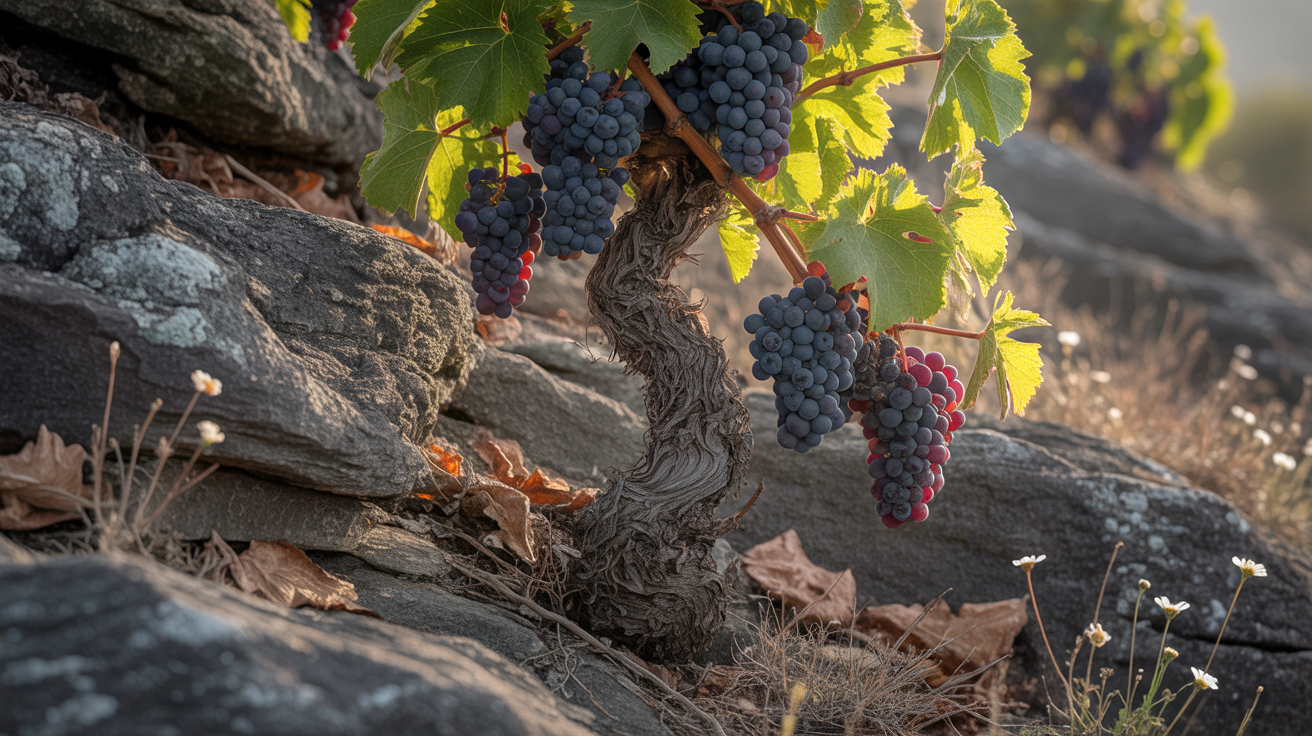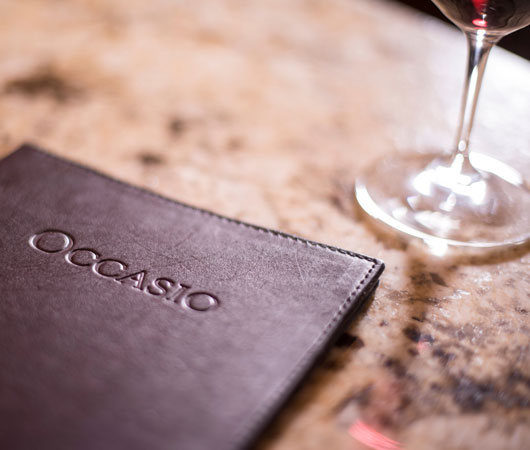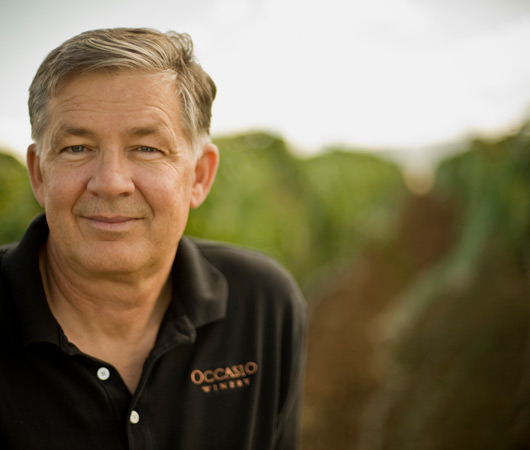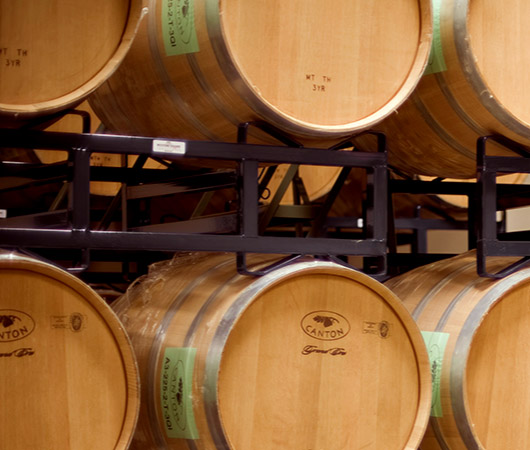More Than a Place: Why Provenance Still Matters

In today’s world of fast convenience and algorithmic recommendations, it’s easy to forget where things come from—how they were grown, who made them, and why they taste the way they do. At Occasio, we believe that knowing the where, how, and who behind a bottle of wine is not just a romantic ideal—it’s the foundation of quality, authenticity, and trust.
This is why we talk about place. Why we care about terroir.
Terroir—a French word we borrow because we have no better one in English—describes the unique character that soil, climate, and geography impart to a wine. But at its heart, terroir is more than just dirt and weather. It’s a reflection of everything that shapes the wine: the land, the farming, the decisions made in the vineyard and the cellar, and the traditions passed down and improved by science and experience.
Still, in an industry often driven by price points and influencer hype, terroir can feel like an abstract notion—something hard to taste, even harder to explain. And in today’s crowded marketplace, many have started to ask: Does place really matter anymore?
We think it does. And not just in wine.
Transparency Is the New Luxury
For us, the value of a wine doesn’t come from a fancy label or a high price tag. It comes from what’s inside the bottle and the integrity of the process behind it. Was the fruit grown with care? Were the yields kept low to concentrate flavor? Was the wine carefully fermented, aged with patience, and bottled without unnecessary additives?
At Occasio, every decision we make—whether it’s fermenting our Chardonnay slowly, patient stirring of the lees, or selecting barrels for aging that highlight rather than mask vineyard character—is guided by a commitment to purity and provenance. You can trace every wine we make back to a specific vineyard, a specific block, a specific vintage.
This matters. Because when you know where something comes from, how it is made, and who made it—you taste more than flavor. You taste intention. You taste connection.
A Return to Meaning
Around the world, regions like Burgundy and, more recently, Germany are refining classification systems to reflect the true quality of their vineyard sites. These efforts aim to create more transparency and a shared language for discussing why some wines cost more—not because they’re exclusive, but because they’re expressive of something irreplaceable.
Still, we recognize the tension. Many wine lovers today are wary of high prices and skeptical of vague terms. And rightly so. Place alone doesn’t justify a price tag. What matters is how that place is honored.
That’s why at Occasio, we see terroir as one part of a larger story—one that includes not just soil and sun, but also stewardship, science, and soul.
Wine, Like Food, Is Better When It Has a Story
We don’t just believe this about wine. We believe it about everything we eat and drink. The best bread comes from bakers who care about their grains and starters. The best cheese tells the story of the milk, the animal, and the maker. The best spirits—like those we distill at Sidewinder—carry the character of the grain, the malting, the still.
Place gives products a voice. Purity ensures that voice isn’t drowned out. And provenance lets you trust what you’re tasting.
In the end, maybe the most important thing we can say about terroir is this: It invites us to slow down. To pay attention. To care about where things come from.
And in a time when that kind of care feels rare—it also feels essential.


